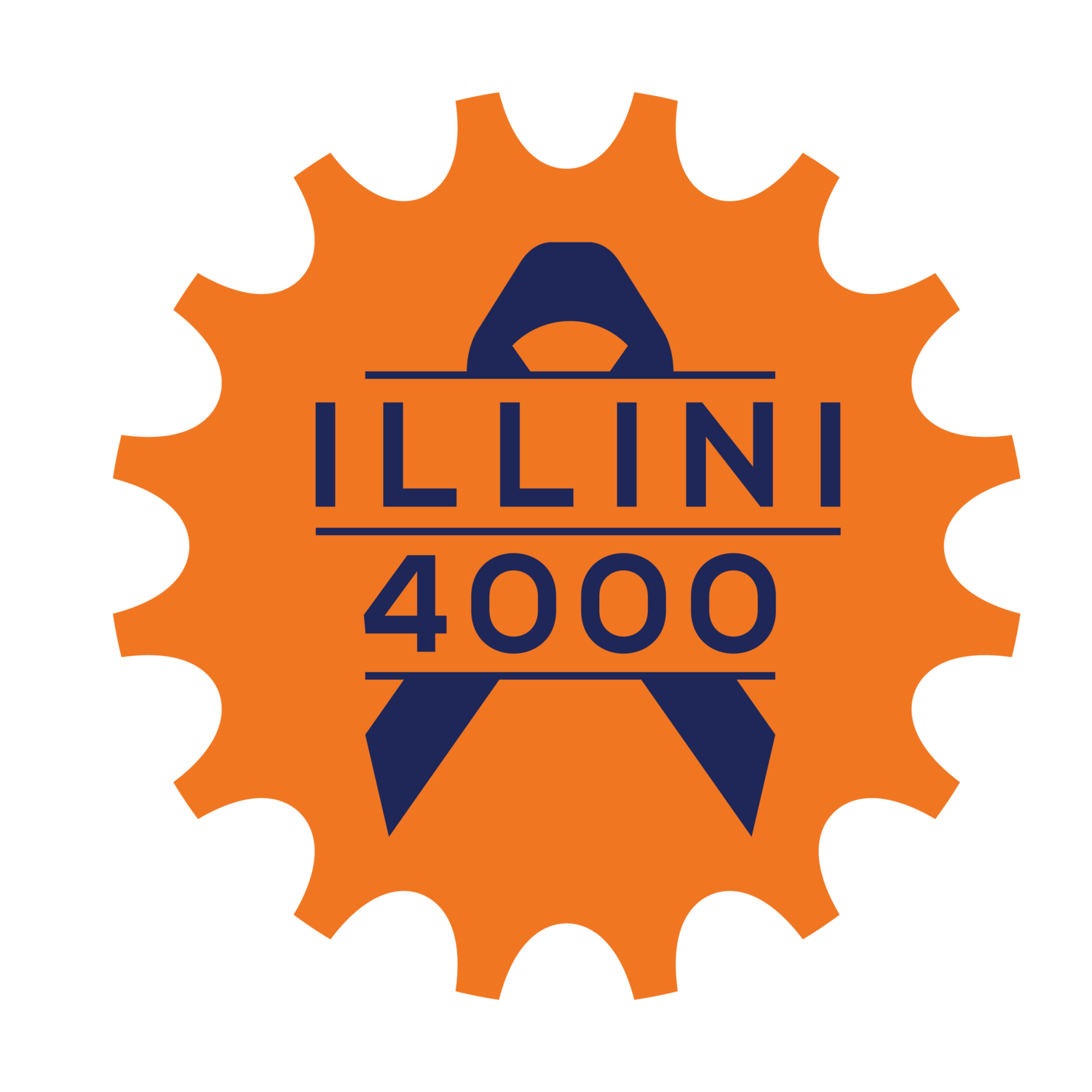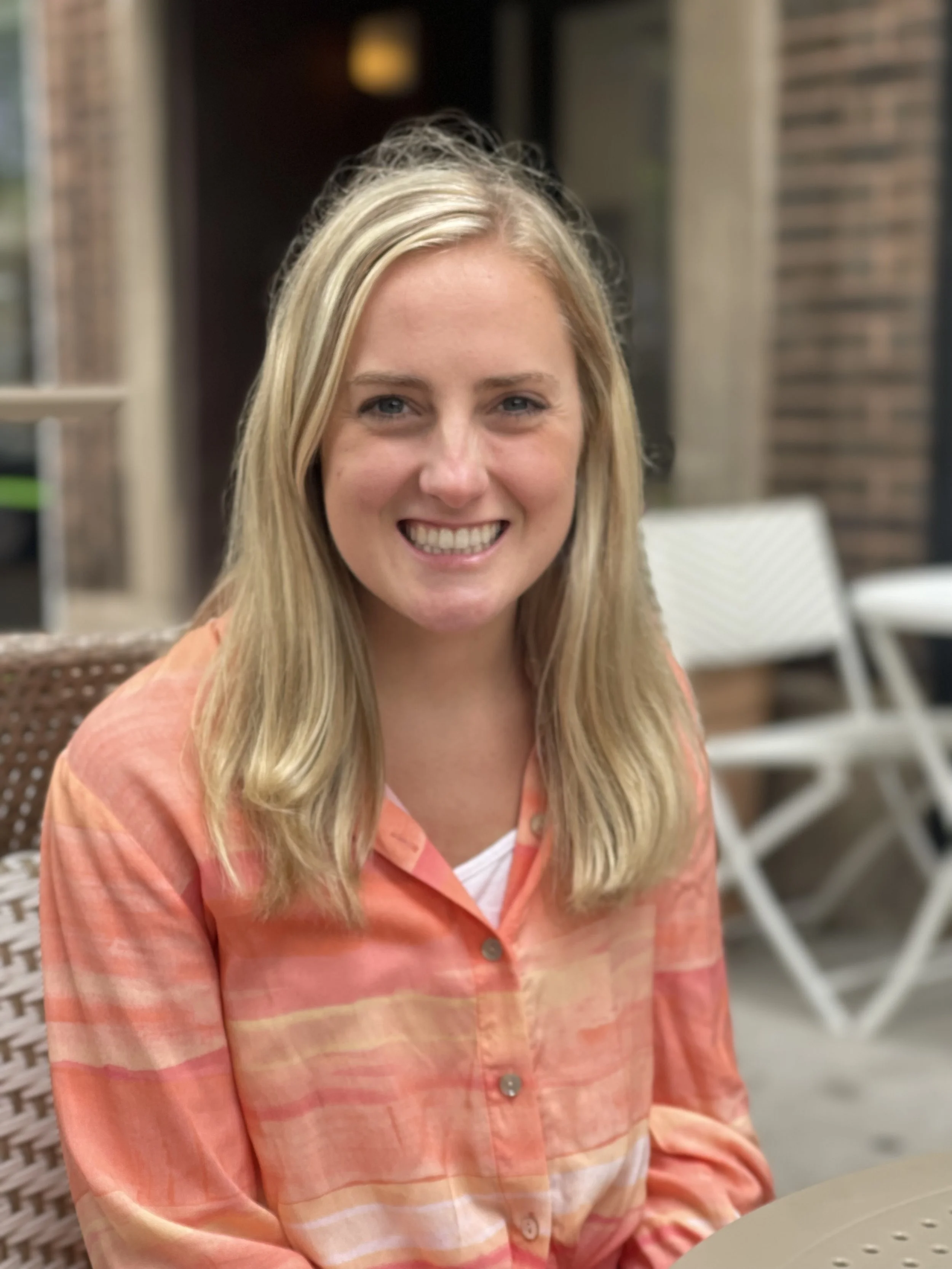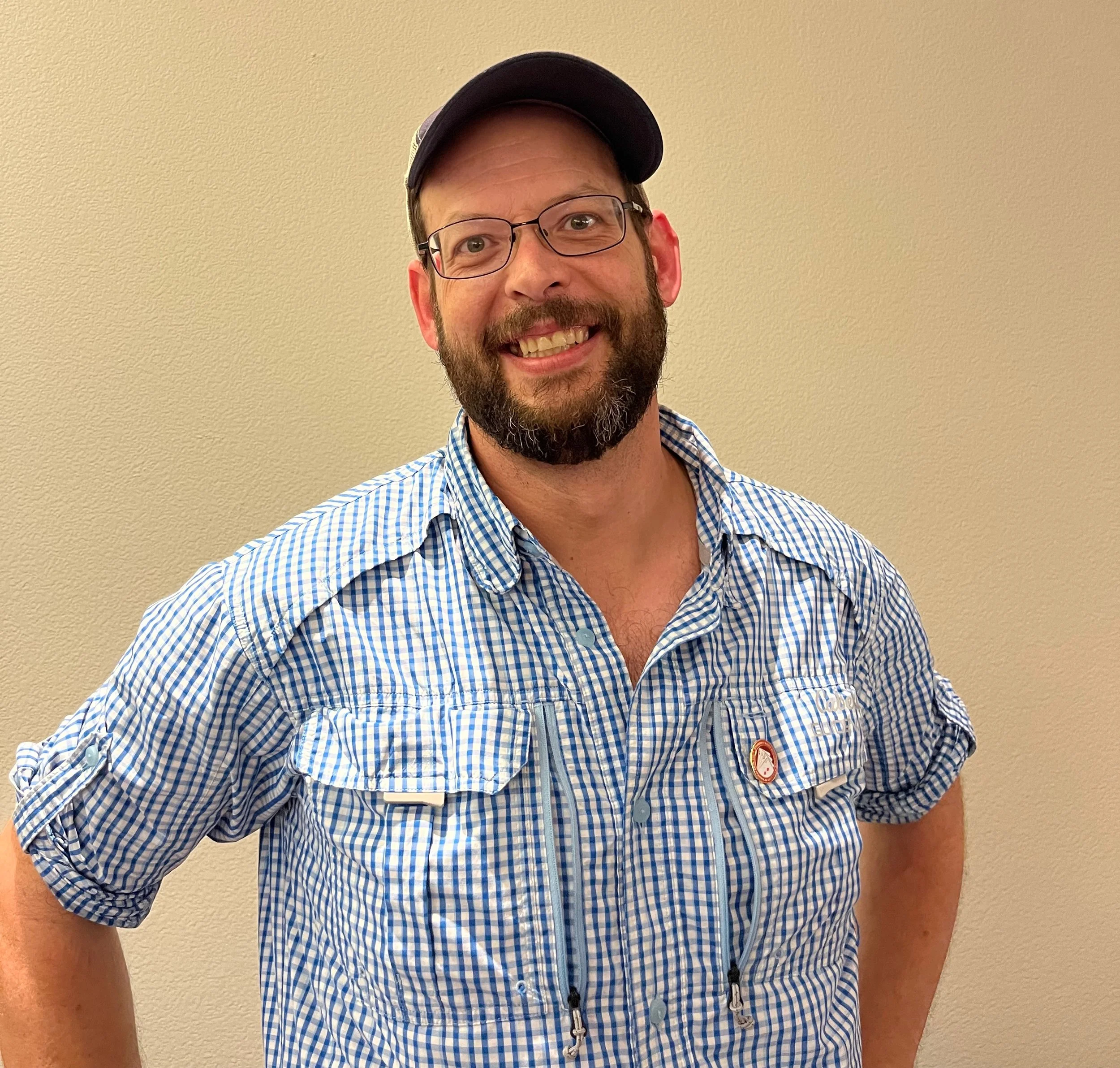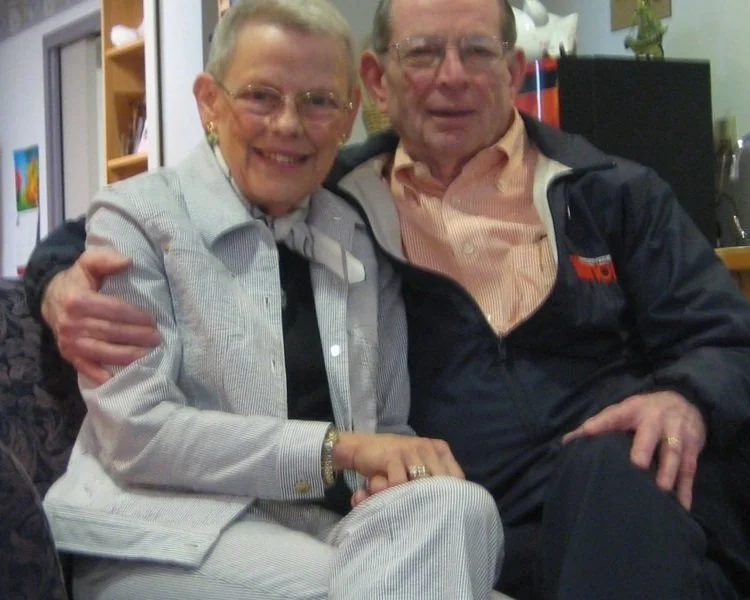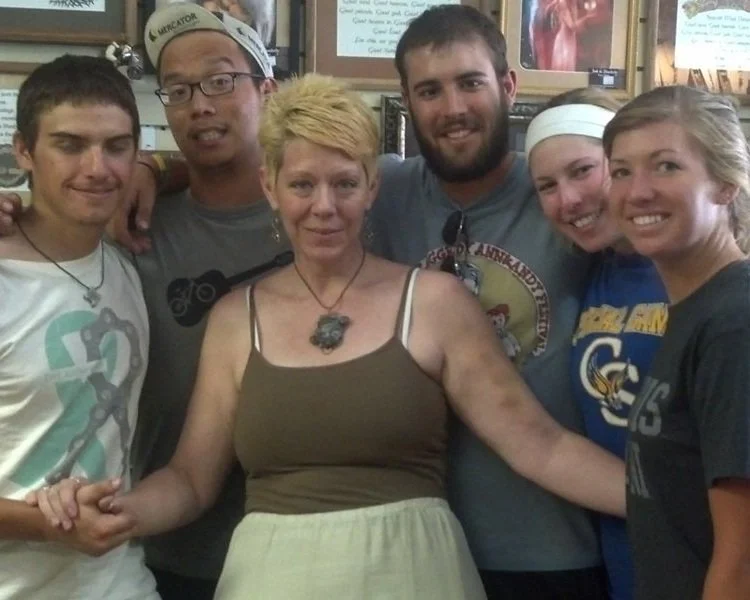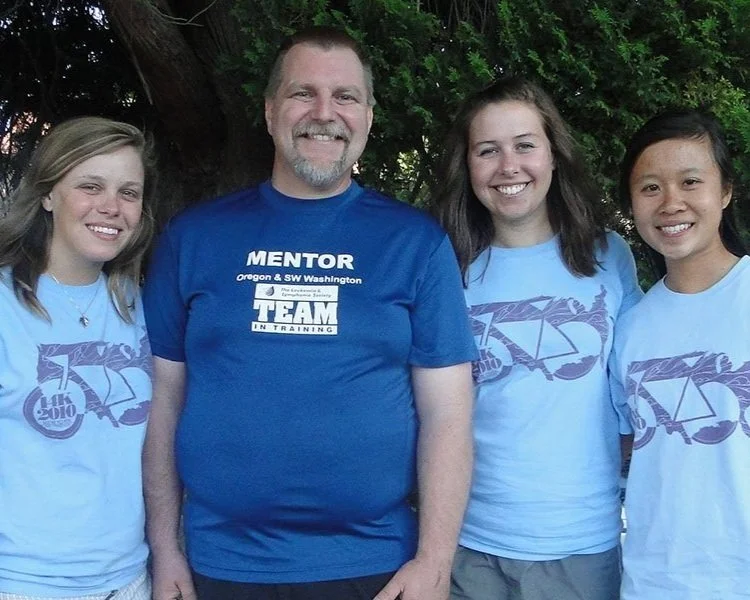Where do you find the un-lost? There are no words. Where do you find where the true love is? Where do you find belonging back again? Where?
Scott Fornek
Deb Schuler
Hilary Rothert
Kathryn Jamison
Georgie Beck
Evan Disney
Michael Adams
“I am fortunate, it is a funny thing to say that you are fortunate when you have cancer but I mean I am fortunate I have seen people who are much worse off than I am, much sicker than I am. And I have seen people who are much younger than me much sicker than me, which I mean is just really a terrible thing to see.”
Loretta Funk-Culpepper
“I think my husband [was the best support] because he was there all the time. We went in for consultation with the doctor after surgery. The doctor had asked Ron, “How do you feel about this?” And Ron said, “It wasn’t her fault. It’s no different than her losing an arm or a leg.” And the doctor said, “You two will be fine. You’d be surprised how many husbands will divorce their wives because they lost a breast.” This really surprised me because I thought: it can’t be love. I mean, how can you adore a part of the body like that, you know? So I felt very secure with my marriage.”
Kenneth Hoener
“When you go through something like this….the strength at the beginning you think I can’t do this. And then as you do you think wow and you become a stronger person and through that. And also sometimes I think that humor and just trying to find something light and something funny out of something that is just tragic. I think the one Christmas we sent out Christmas cards and we all put on red bandannas, all five of us, by our Christmas tree (because she had no hair) and so that was. And we got more people that said that was such a neat thing. Or pictures of my kids putting my wig on, or just stuff like that, just little things like that. You need them, you need to find them some humor and something lighter in the situation. It helps.”
Eric Smith
“In the Marine Corps, we’re taught this. When the enemy attacks, you don’t let the enemy attack. You assault the enemy. You press into them. So we got as much information as we could. He started eating right, started getting himself squared away and everything like that. He went through a nasty bout of chemo, lost a lot of weight. My brother…God bless him. My brother was a very vain man. He had long hair and he lost all of it. Well, he went into remission for a little while, got through the chemo. He just kept fighting.”
Ann Thoburn
“So I have already been the caregiver, I’ve been the recipient of cancer and I’ve been re-diagnosed with cancer. I understand the stress of being a caregiver, especially when you go from having a spouse to being a caregiver for that spouse. You know you’re a caregiver for your children, you’re a caregiver for your elderly parents; you don’t expect being a caregiver for your spouse, you expect to work together.”
Jan Mulvaney
“The day I was diagnosed, I had never felt better in my whole life. And then to be told you have cancer, you just spend a while just even comprehending what that means. In the 6 years, as merle said it, it really is a journey. It’s not journey you go through by yourself, the caregiver role is incredibly important. So it’s a journey that impacts and affects the whole family.”
Emily Schornstein
“I think it’s very important to have things to look forward to. I really had a lot to look forward to, and I think it really helped. I live in a retirement center now, and when I watched the people there and the ones who were active were the ones who had something to do, some purpose for their life. I really think they need a purpose. If they have a purpose, they’re much more outgoing and active and everything. Right now, I travel, I travel a lot.”
Dina Levin
“I think the hardest part for me of having her gone is that she is not here to enjoy my children. My husband and I feel really sad every day that she is not here. My mom used to love hot fudge sundaes, so as a memorial for her and because all of her friends were in Chicago and her funeral was here, I had a big party for her in Chicago at the North Shore Hilton up in the top, because she used to like it there. It’s really easy for all her friends to get to and we had ice cream sundaes. And everyone got to talk. And there were 100 people there… It was a nice goodbye for her.”
Colista Lich
“I can say the best thing that I did was, my wife started a care pages blog for me. I update my blog everyday on what goes on. I've got over 150 people that follow it every day. They can write messages back to me on the blog so I don't get the 50 phone calls a day anymore. … When you're feeling down and out, or lack of energy cause of your chemo, that's a huge emotional tool, a great tool so I recommend that to anybody, start a care pages blog.”
Todd Dufault
“I can say the best thing that I did was, my wife started a care pages blog for me. I update my blog everyday on what goes on. I've got over 150 people that follow it every day. They can write messages back to me on the blog so I don't get the 50 phone calls a day anymore. … When you're feeling down and out, or lack of energy cause of your chemo, that's a huge emotional tool, a great tool so I recommend that to anybody, start a care pages blog.”
Wes Kendall
“A lot of people tell me I’m lucky. But I think that’s a shame that people have that mindset that if you survive cancer, you’re lucky. We need to change that perception. Let’s make it to where a cancer diagnosis isn’t such a dire thing. We need to help more people get better treatments, so that someday if someone says, ‘I had cancer but I don’t anymore,’ it’s going to be just as common as someone saying, ‘I broke my leg when I was a kid.’ One day I hope we see that in the future. Maybe not in my lifetime, but hopefully in my daughter’s.”
Karen Hill Ambler
“You know, my daughter, I'm very concerned for her. Her doctor would not give her a mammogram until she was 40. I think this is something that needs to stop. People younger than you girls are coming down with breast cancer or some form of cancer. And they will find a cure to this, I'm sure they will. But until then, I cannot stress a mammogram enough. The doctor that found mine was very young. After I went through my surgeries, I went back and I looked at him and said, “thank you.” He said, “you're the first one that has ever said thank you.” So I felt good, I felt good about that. But your family doctor, you know, they are just that - family doctors. They are not specialists and I can't stress enough to look for a breast cancer specialist.”
Susan Smith
“She was not afraid, but still didn't want to die. I don’t think anybody does. Still, she fought until the last minute. In fact, most days she’d say: I’m ready to die, but not today… but she was certain that there was something more. And I’ve said to many people that [as a pastor] I have buried so many wonderful people, that I have to believe that they haven’t just ceased to be; that their spirits are somewhere.”
